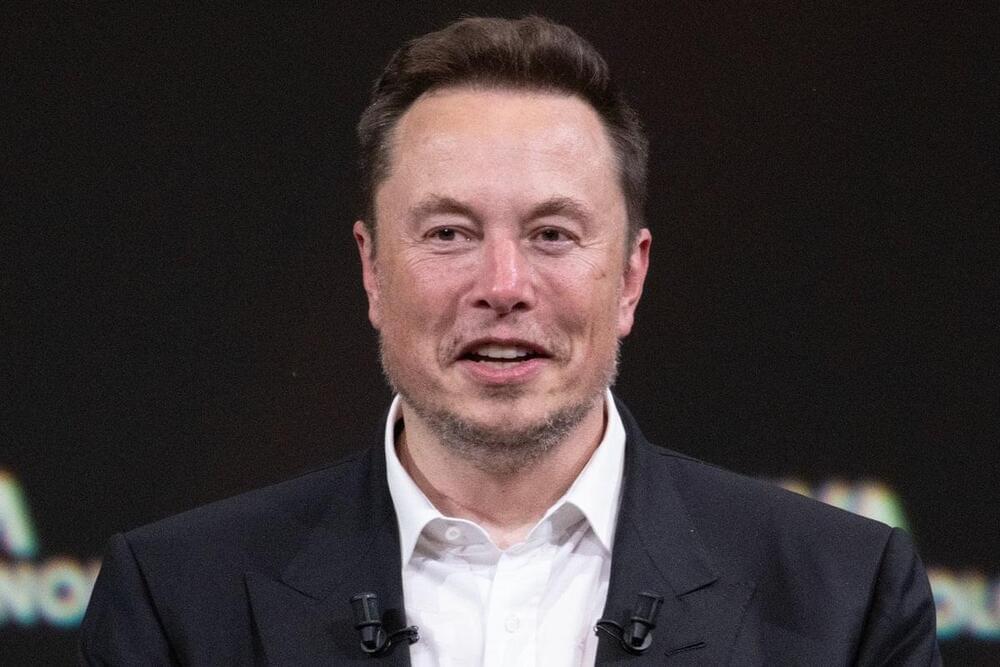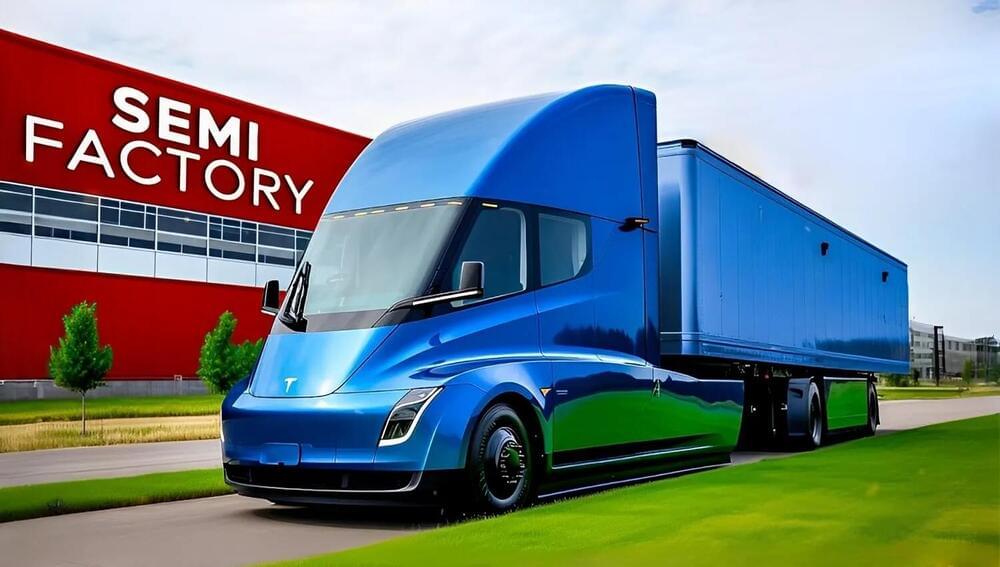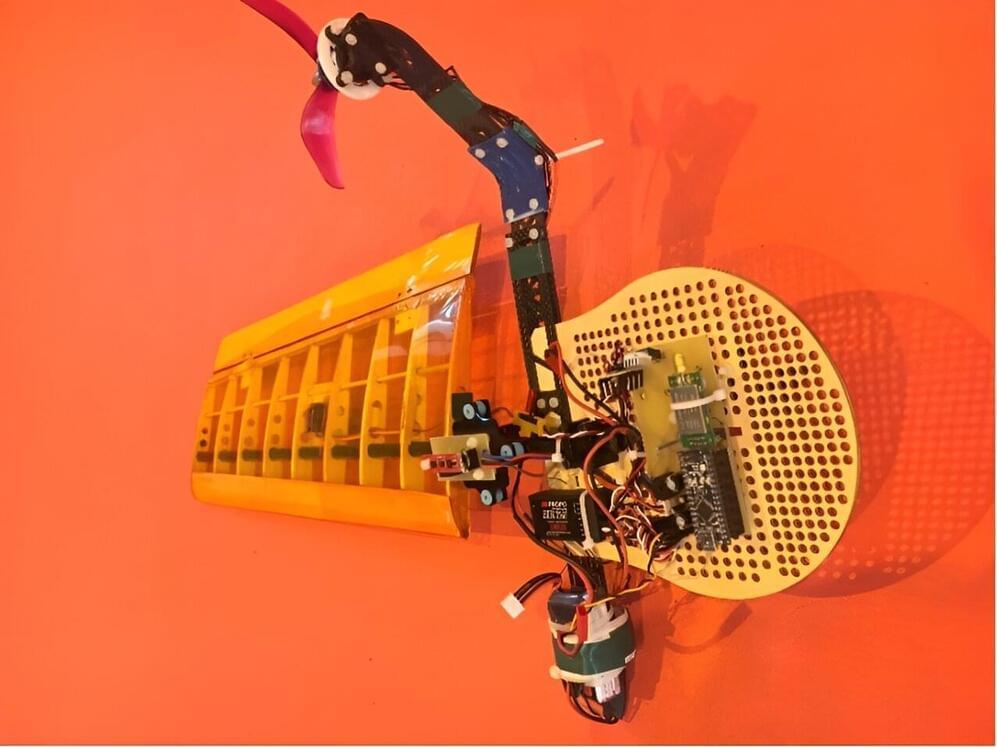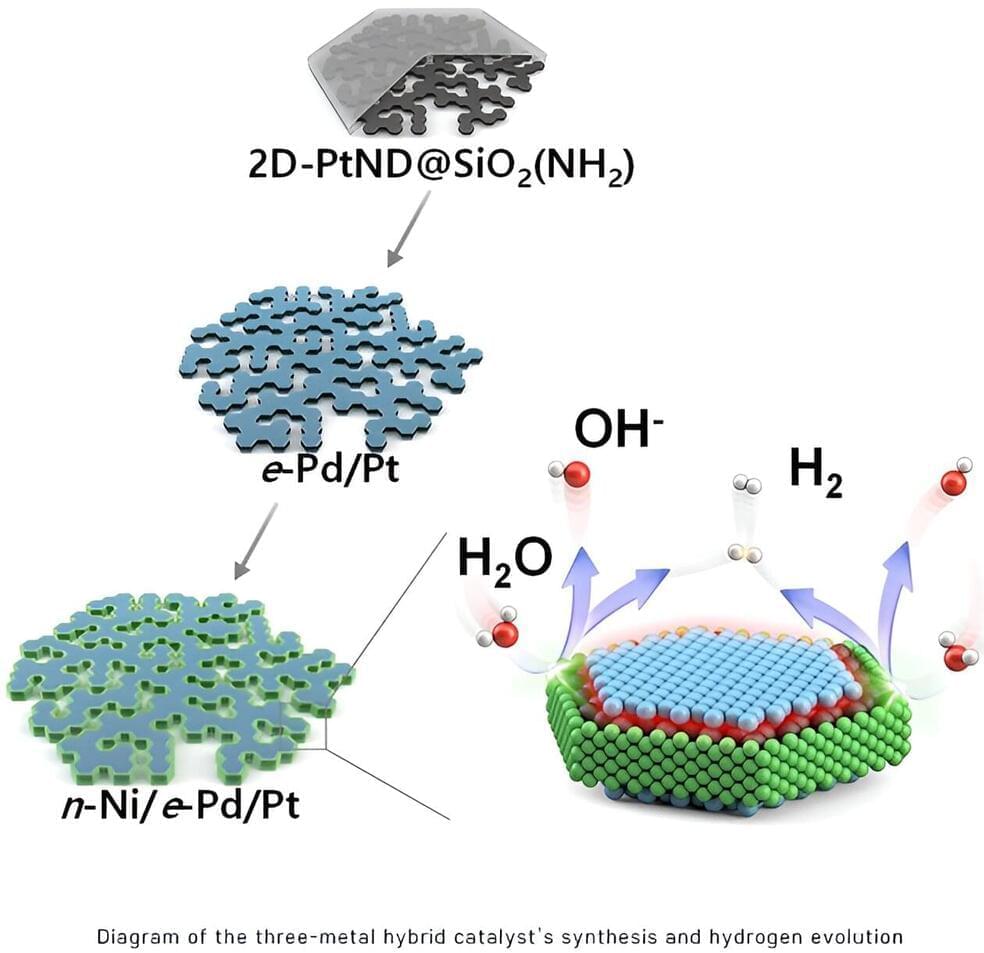Tesla’s train at Giga Berlin will take roughly 4,500 employees to work every day and will commute on its route almost 60 times daily.
This week, Tesla confirmed it would use a shuttle connected to the public railway network running between Erkner Train Station and the Giga Berlin property to give both employees and citizens a public transportation option.
The shuttle will travel between the two stops nearly 60 times a day, and according to rbb24, it will bring “more than 1,500 employees directly to the factory at the change of shift alone.”
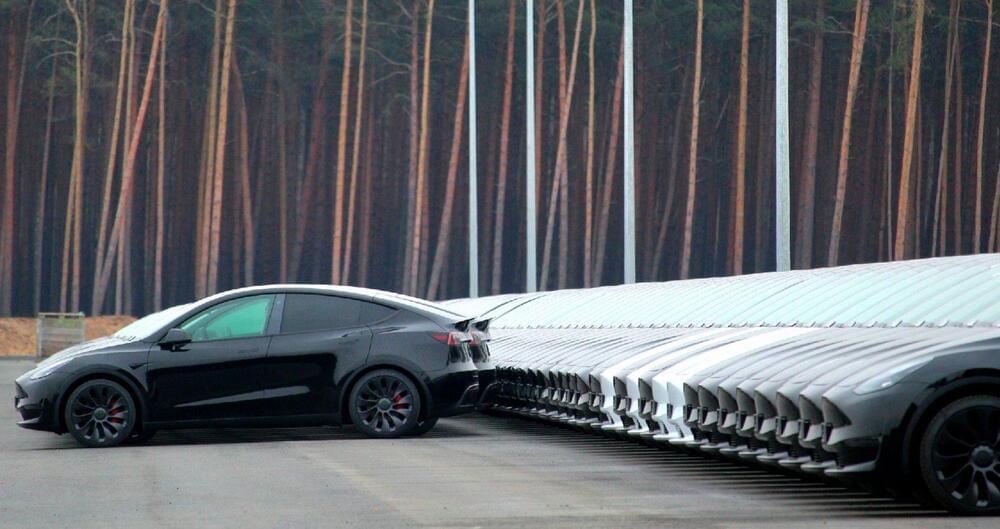
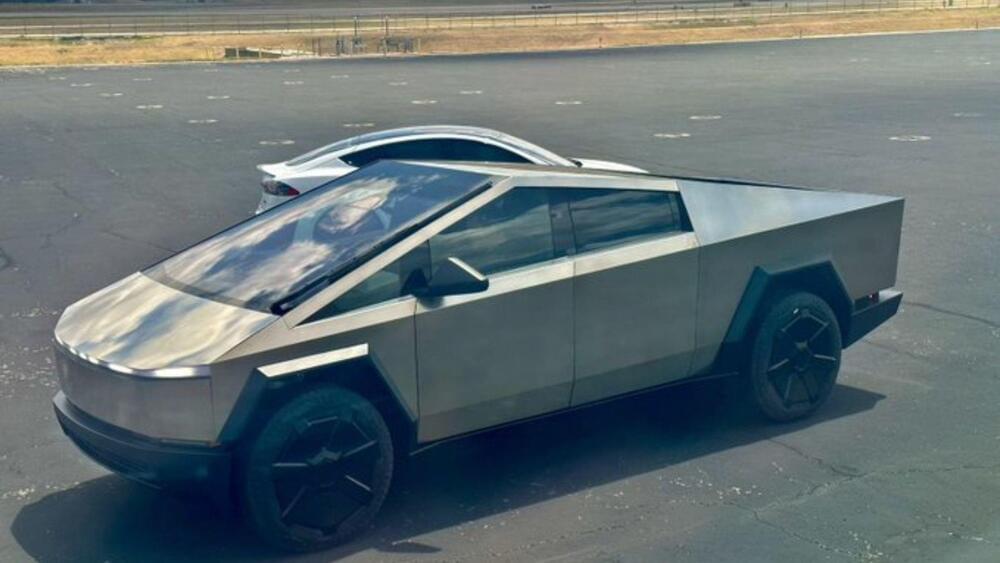
 עברית (Hebrew)
עברית (Hebrew)

